Korea National Diplomatic Academy (KNDA) is a higher education institution that focuses on training diplomats and other international affairs experts. Here is some basic information about KNDA:
Overview
Established: 1980
Nature: National educational institution
Location: Located in Seocho-gu, Seoul, South Korea, with convenient transportation and surrounded by many government agencies and international organizations.
Educational philosophy
KNDA is committed to training diplomats with international vision, professional knowledge and practical ability, emphasizing the combination of theory and practice and focusing on the comprehensive development of students.
Disciplines and departments
Undergraduate programs: Although KNDA mainly focuses on graduate education, it also offers a small number of undergraduate programs.
Graduate programs:
International relations
Foreign policy and strategy
International law
International economy
Public administration
Doctoral programs: Covering international relations, foreign policy, international law and other fields.
Ranking
KNDA enjoys a high reputation in the field of diplomacy and international relations education in Korea and Asia, but the specific rankings around the world may vary depending on different evaluation agencies.
Fees
Undergraduate tuition: Approximately 4 million won (about 3,500 US dollars) per year, which may vary.
Graduate tuition: Approximately 5 million won (about 4,300 US dollars) per year, which may vary.
PhD tuition: Approximately 6 million won (about 5,100 US dollars) per year, which may vary.
International students: Tuition fees for international students may be slightly higher.
Campus
The campus has modern facilities, including libraries, multimedia classrooms, seminar rooms, conference rooms, etc., providing students with a good learning and research environment.
Contact information
Official website: http://www.kndai.go.kr/
Address: 108, Seocho-dong, Seocho-gu, Seoul
Tel: +82-2-2110-2114
Email: admission@kndai.go.kr
Other information
Admission requirements: Applicants are usually required to have a certain level of Korean proficiency (TOPIK level 5 or above), and some courses may be taught in English.
Scholarships: The college offers a variety of scholarship opportunities, including government scholarships, on-campus scholarships, etc., to help outstanding students reduce their financial burden.
Internship opportunities: The college cooperates with multiple government departments and international organizations to provide students with abundant internship opportunities to enhance their practical work ability.
-
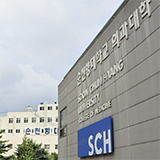
순천향대학교, Soonchunhyang University
-
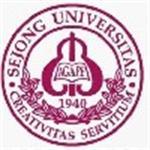
세종대학교,Sejong University
-
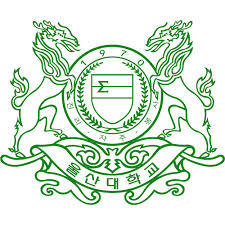
울산대학교,University of Ulsan
-
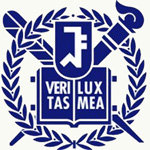
Seoul National University, SNU, 서울대학교
-
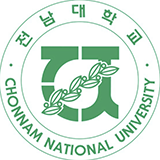
Chonnam National University, 전남대학교
-
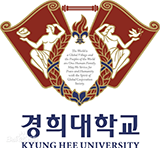
Kyung Hee University
-
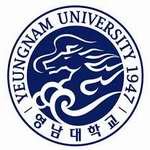
Yeungnam University, 영남대학교
-
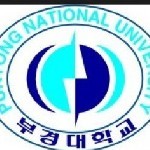
Pukyong National University, 국립부경대학교
-
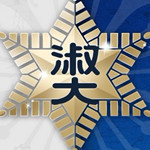
Sookmyung Women's University, 숙명여자대학교
-

Hallym University, 한림대학교
-

Mesoamerican University
-

Istmo University
-

Mariano Galvez University of Guatemala
-

Regional University of Guatemala
-

Galileo University
-

Francisco Marroquín University
-

Rafael Landívar University
-

University of the Valley of Guatemala
-

University of San Carlos of Guatemala
-

Technological Institute of Tlaxcala Plateau
-

Golfo University
-

Technological University of South Sonora
-

Technological University of Huejotzingo
-

Tizimín Institute of Technology
-

Chilpancingo Institute of Technology

